
AllQuestion and Answers: Page 722
Question Number 147278 Answers: 0 Comments: 0

Question Number 147277 Answers: 0 Comments: 0

Question Number 147276 Answers: 0 Comments: 0
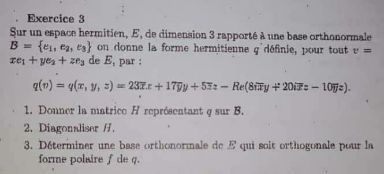
Question Number 147275 Answers: 1 Comments: 0
Question Number 147272 Answers: 1 Comments: 0

Question Number 147262 Answers: 2 Comments: 0
Question Number 147260 Answers: 1 Comments: 0
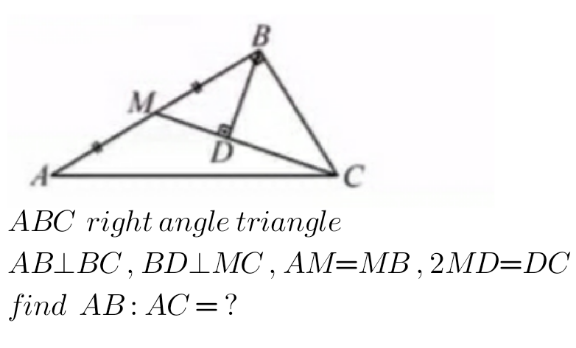
Question Number 147259 Answers: 2 Comments: 0

Question Number 147258 Answers: 0 Comments: 0
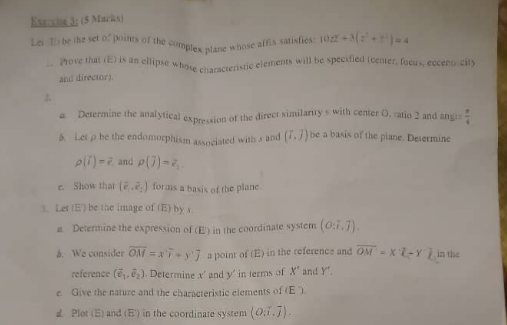
Question Number 147256 Answers: 0 Comments: 5

Question Number 147252 Answers: 1 Comments: 0

Question Number 147254 Answers: 1 Comments: 0
Question Number 147234 Answers: 0 Comments: 0
Question Number 147233 Answers: 0 Comments: 1

Question Number 147231 Answers: 1 Comments: 0
Question Number 147232 Answers: 0 Comments: 2
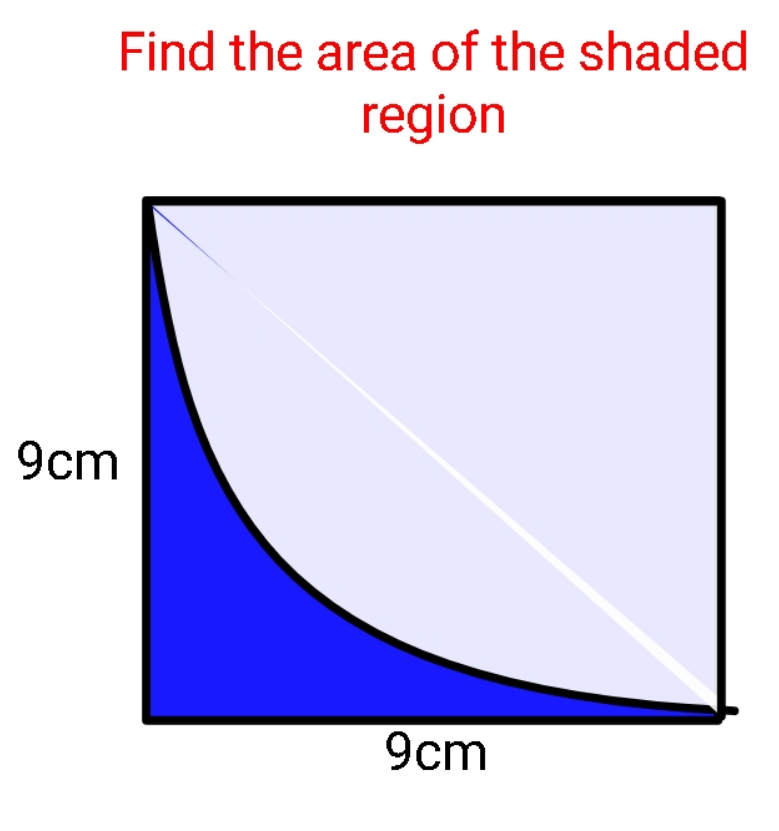
Question Number 147229 Answers: 2 Comments: 0
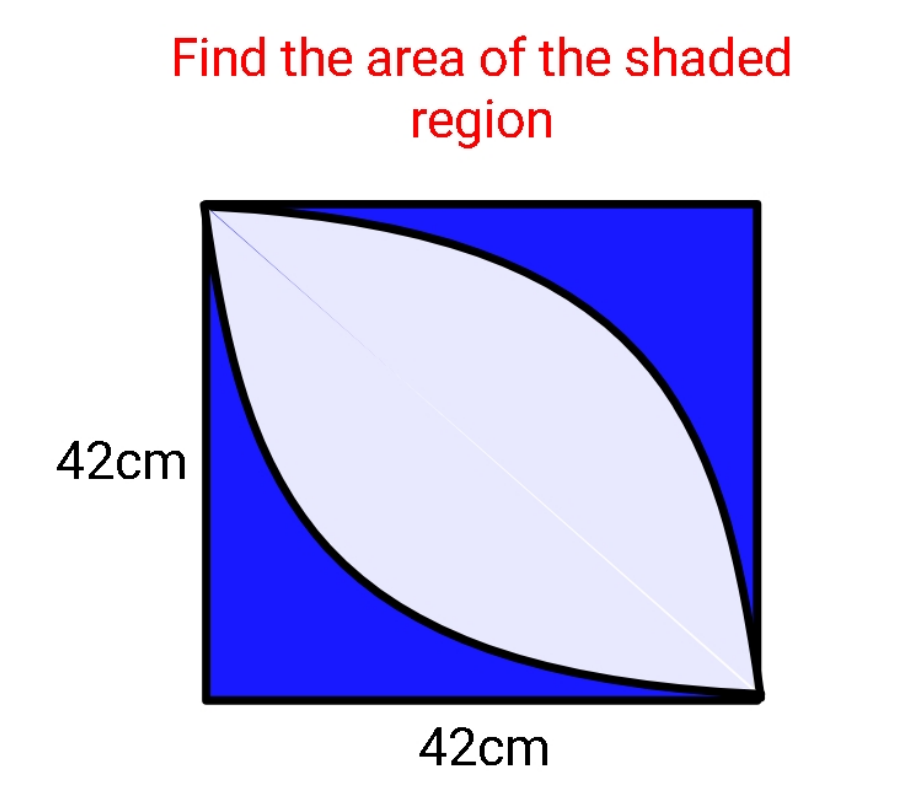
Question Number 147226 Answers: 0 Comments: 0
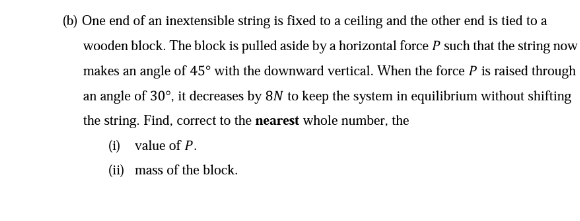
Question Number 147223 Answers: 1 Comments: 1

Question Number 147222 Answers: 3 Comments: 0
Question Number 147218 Answers: 0 Comments: 0
Question Number 147213 Answers: 2 Comments: 0
Question Number 147209 Answers: 2 Comments: 1

Question Number 147206 Answers: 0 Comments: 0
Question Number 147205 Answers: 1 Comments: 0
Question Number 147204 Answers: 0 Comments: 0
Pg 717 Pg 718 Pg 719 Pg 720 Pg 721 Pg 722 Pg 723 Pg 724 Pg 725 Pg 726
